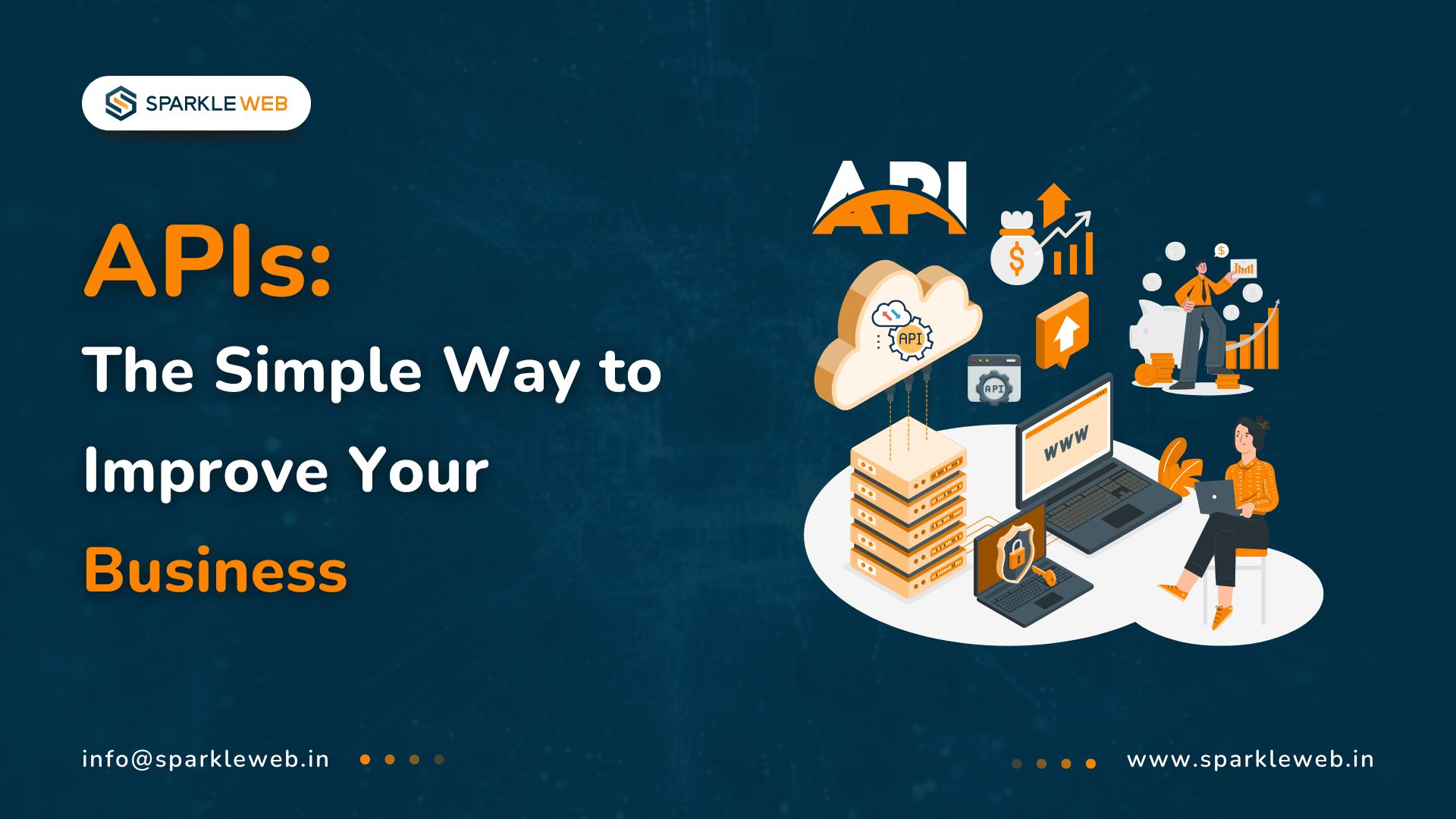In today's rapidly evolving digital landscape, APIs (Application Programming Interfaces) play a vital role in helping businesses operate more efficiently and innovate faster. APIs are integral to modern software development, allowing different systems to work together seamlessly. This blog will provide a comprehensive look at what APIs are, their benefits, and their applications in various industries such as healthcare, fintech, and e-commerce.
What is an API?
An API, or Application Programming Interface, is a set of rules and protocols that enables different software applications to communicate with each other. Think of it as a bridge that allows different systems to exchange information and perform tasks together. APIs define how requests should be made, what data should be exchanged, and how responses should be formatted. They simplify the process of integrating new features and services into existing systems, allowing for more efficient and flexible development.
How APIs Help Your Business Run Better
APIs streamline business operations by automating interactions between different software systems. This integration eliminates the need for manual data entry and repetitive tasks, which reduces the risk of errors and speeds up processes. For instance, APIs can link your customer relationship management (CRM) system with your email marketing platform. This integration ensures that customer information is always current and that personalized emails are sent out automatically based on the latest data.
APIs: The Key Benefits for Your Business
- Efficiency: APIs automate routine tasks and processes, which reduces manual work and speeds up operations. This means your team can focus on more strategic activities rather than repetitive tasks.
- Innovation: By using APIs, you can quickly add new features and services to your applications. This flexibility allows you to adapt to changing market conditions and customer needs more effectively.
- Scalability: APIs make it easier to scale your business operations. As your business grows, APIs allow you to integrate new systems and services without significant changes to your existing infrastructure.
- Cost-Effective: Leveraging existing APIs can save both time and money on development. Instead of building everything from scratch, you can use APIs to access pre-built functionalities and services, reducing development costs and time-to-market.
Why APIs Matter for Business Operations
APIs are essential for modern business operations because they facilitate seamless integration between various software applications. This integration is crucial for maintaining efficient workflows and enhancing customer experiences. APIs enable different systems to work together smoothly, which helps businesses stay competitive and respond quickly to market changes. For example, APIs can connect a company's inventory management system with its e-commerce platform, ensuring that stock levels are updated in real time and reducing the risk of overselling.
APIs: Easy Benefits for Business Success
- Enhanced Connectivity: APIs enable easy connections between different business tools and systems, allowing for smoother operations and better coordination across departments.
- Better Data Management: With APIs, data can be synchronized and maintained consistently across all platforms. This ensures that everyone in the organization has access to accurate and up-to-date information.
- Improved Customer Experience: APIs allow businesses to offer personalized services and interact with customers more effectively. For instance, APIs can be used to integrate customer support systems with chatbots, providing instant assistance and improving overall customer satisfaction.
- Increased Agility: APIs enable businesses to quickly adapt to new opportunities and challenges. By integrating new services and features, companies can respond to changing market demands and stay ahead of competitors.
API Uses in Healthcare, Fintech, and E-commerce
- Healthcare: In the healthcare industry, APIs are used to securely share patient data between different systems, such as electronic health records (EHR) and diagnostic tools. This integration improves patient care by providing a comprehensive view of patient information and streamlining administrative processes. For example, APIs can connect a patient's medical history with their current treatment plan, allowing for more informed decisions and better care coordination.
- Fintech: APIs are crucial in the financial technology sector for enabling secure transactions, real-time data sharing, and integration with banking systems. APIs allow for the smooth operation of online banking services, payment processing, and fraud detection. For instance, APIs can connect a financial app with a bank's transaction system, enabling users to view their account balances, make payments, and receive notifications in real time.
- E-commerce: In the e-commerce industry, APIs are used to connect online stores with payment gateways, shipping services, and inventory management systems. This integration ensures a seamless shopping experience for customers by automating tasks such as payment processing, order fulfillment, and inventory updates. For example, APIs can link an e-commerce platform with a shipping provider to automatically generate tracking numbers and update customers on their order status.
Conclusion
APIs are powerful tools that can significantly transform your business by improving efficiency, fostering innovation, and enhancing customer experiences. By integrating APIs into your operations, you can streamline processes, reduce costs, and stay competitive in the market. Embracing APIs allows you to unlock new opportunities for growth and success, making it a crucial strategy for modern businesses. Whether you're looking to improve connectivity, manage data more effectively, or offer personalized services, APIs can help drive your business forward.
Ready to take your business to the next level? Discover how APIs can streamline your operations and drive innovation. Read our latest blog to learn more and unlock new opportunities for success!



Dipak Pakhale
A skilled .Net Full Stack Developer with 8+ years of experience. Proficient in Asp.Net, MVC, .Net Core, Blazor, C#, SQL, Angular, Reactjs, and NodeJs. Dedicated to simplifying complex projects with expertise and innovation.
Reply